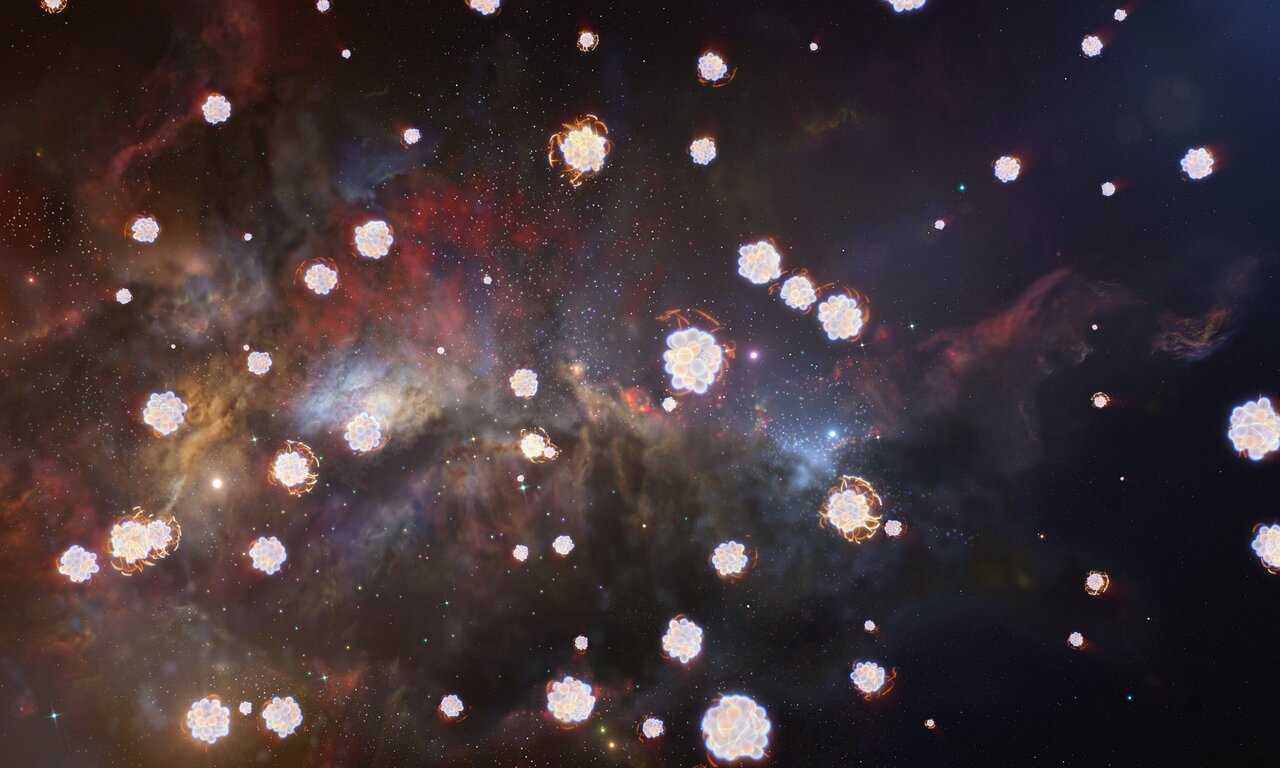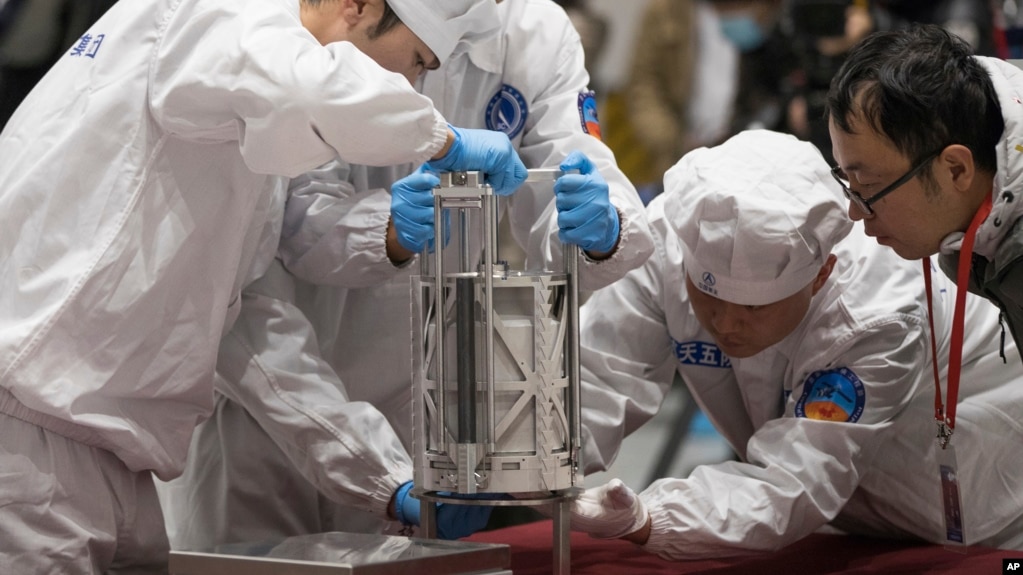
For the first time ever, we were able to identify the chemical traces of the explosions of the first stars in very distant gas clouds.

A recent adjustment, in which the probe redirects a tiny amount of power meant for an onboard safety system, means all five scientific instruments aboard Voyager 2 can stay active until 2026, according to a NASA.

In new research, a Canadian-led team of astronomers turned up another 25 repeating FRBs, doubling the number already discovered.

“With a test like this, success comes from what we learn, and today’s test will help us improve Starship’s reliability as SpaceX seeks to make life multi-planetary,” SpaceX said in a tweet.

Scientists have unlocked one of the biggest mysteries of quasars—the brightest, most powerful objects in the universe—by discovering that they are ignited by galaxies colliding.

Scientists have detected sound waves moving through Mars’ core for the first time, offering new clues to the composition of the fourth planet from the Sun.

Launched 19 July 2020 atop a Japanese H-2A rocket, the Hope probe braked into a highly elliptical orbit around Mars on 9 February 2021. The first such close encounter came in late January.

Some of the asteroids NASA's Lucy mission will visit are still more than 330 million miles away from the spacecraft, but despite the great distance and the comparatively small sizes, Lucy caught views of four of its targets in late March.

The James Webb Space Telescope has discovered the four most distant galaxies ever observed, one of which formed just 320 million years after the Big Bang when the universe was still in its infancy, new research said on Tuesday.

An accretion disk is a colossal whirlpool of gas and dust that gathers around a black hole or a neutron star as it pulls in material from a nearby star. As the disk spins, it whips up powerful winds that can affect the surroundings of black holes.

The James Webb Space Telescope continues to wow astronomers and the public alike with its infrared view of deep space targets. Now its Uranus.

Scientists report they have discovered water in materials collected during a Chinese moon mission. The water is in extremely small glass beads that were found in the dirt where many meteorites have hit the moon.

Scientists believe the gamma-ray emission, which lasted over 300 seconds, is the birth cry of a black hole, formed as the core of a massive and rapidly spinning star collapses under its own weight.

Scientists now believe Miranda and Ariel, the smallest and second-smallest of Uranus’s five major moons, could be expelling vapour plumes - which on other moons in the solar system are thought to come from subsurface oceans.

A UK team of astronomers found an ultramassive black hole, an object over 30 billion times the mass of our Sun, in the foreground galaxy – a scale rarely seen by astronomers.